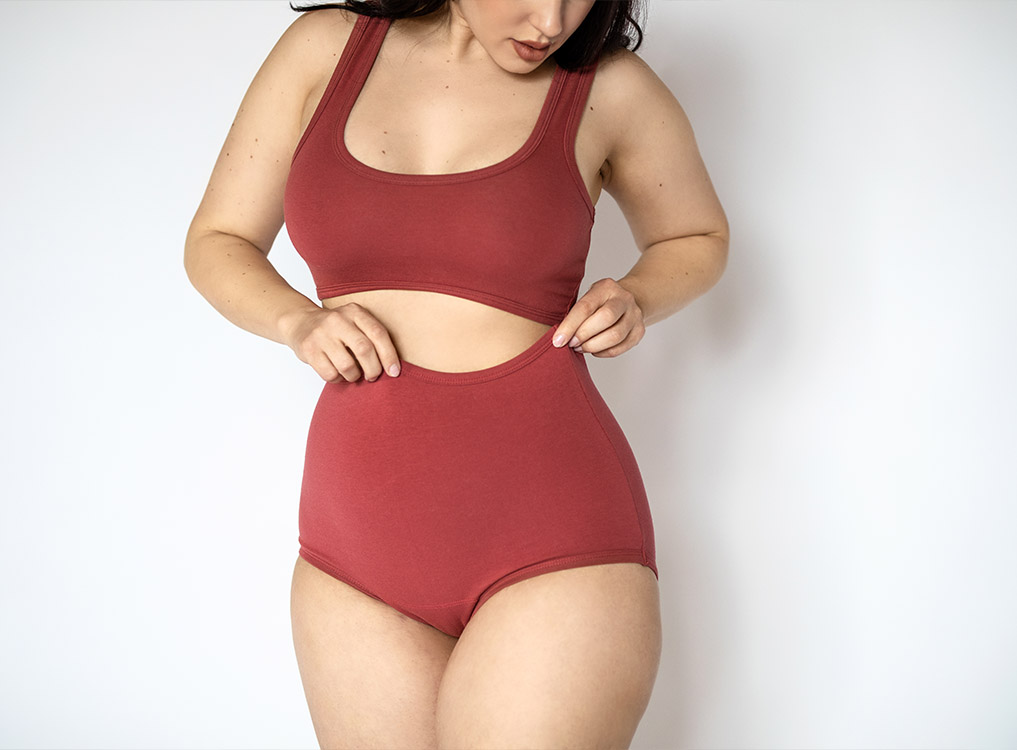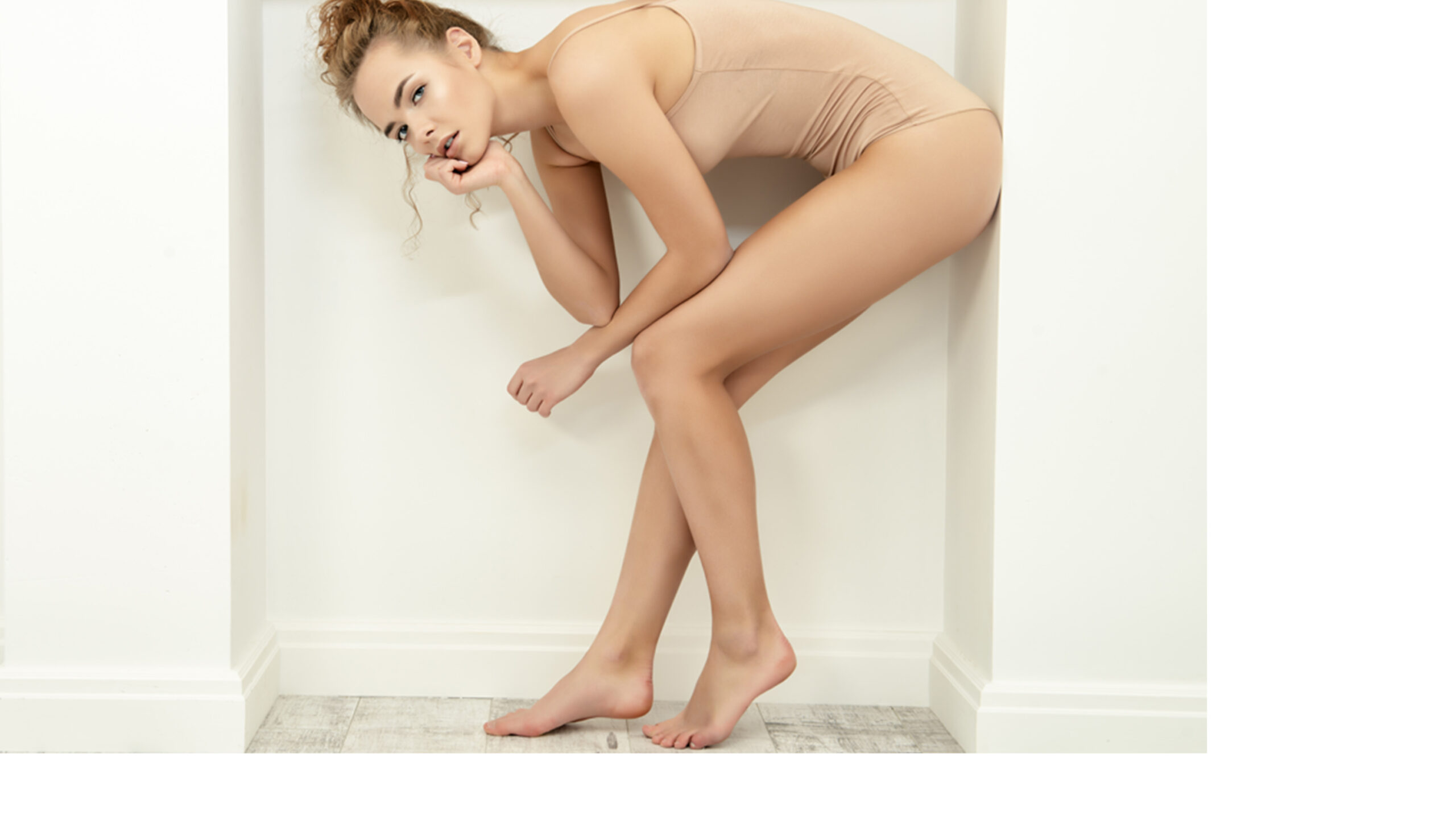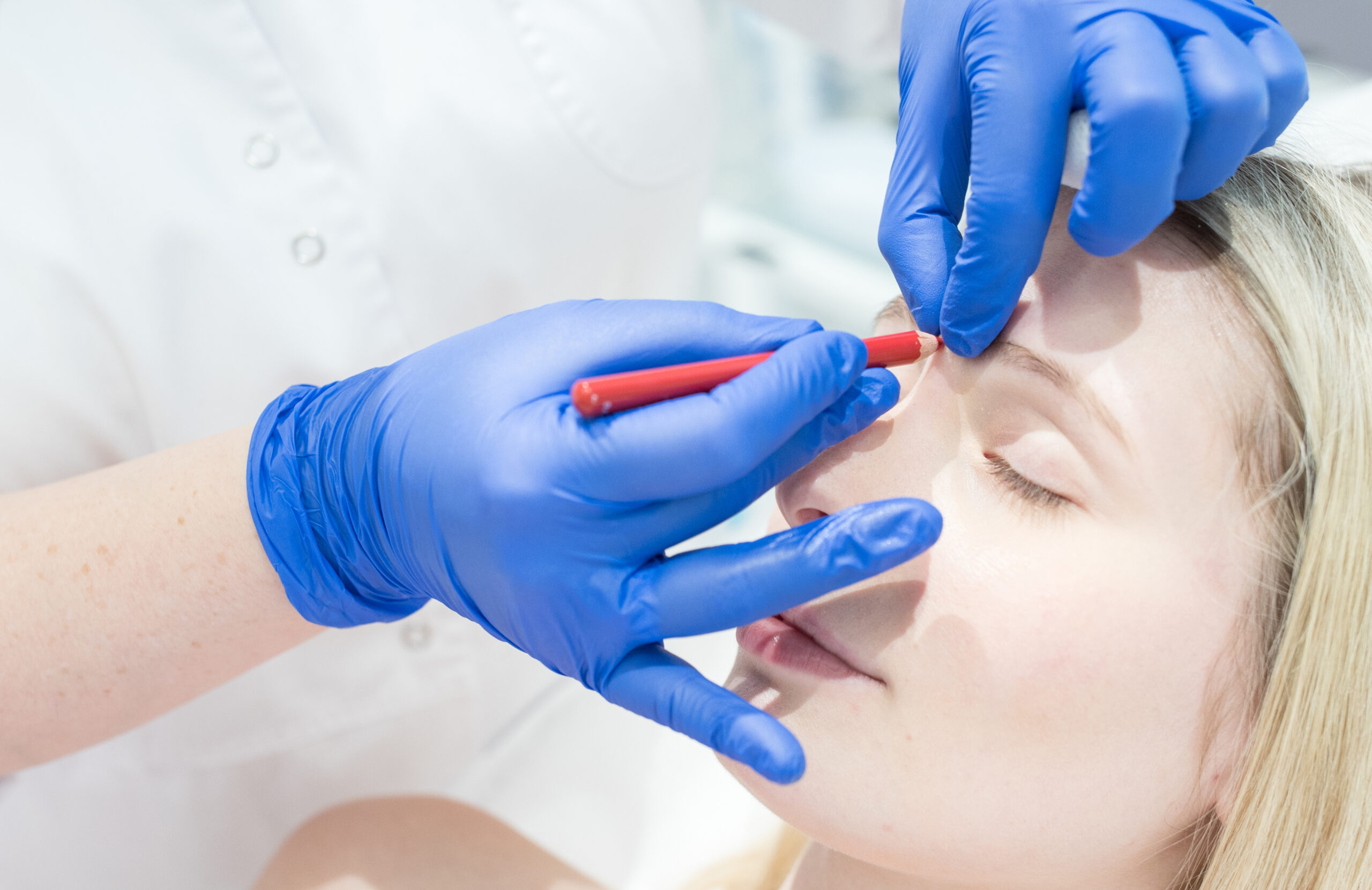The hotter it gets, the sweatier we get, and for people experience hyperhidrosis, the summer months can mean an endless amount of worry and embarrassment. According to the International Hyperhydrosis Society, hyperhydrosis is medical condition, which is often inherited, that affects 3 percent of the U.S. population. For those who’ve tried everything under the sun to stop the sweat including every antiperspirant on the shelf, the answer to a dry hot girl summer may be as simple as a trip to the dermatologist.
Identifying the Cause
The first step in stopping the sweat is to visit a dermatologist who can take a careful history and perform an exam, says Spokane, WA dermatologist Wm. Philip Werschler, MD. “To begin, your doctor will take a careful history and perform an appropriate exam to determine if the sweating is excessive normal sweating or possibly abnormal sweating. There are many causes of abnormal sweating including diabetes, thyroid disorders, a hormonal imbalance or metabolic conditions to name just a few.”
Solution 1: Prescribed Problem Solvers
Prescription antiperspirants can be used to address excessive sweating. These topical solutions use the active ingredient aluminum chloride which prevent the sweat glands from producing sweat. “Super-strong deodorants, like Drysol or Certain-Dri are generally considered the first step in treatment. They are topically applied medications that decrease sweat gland activity,” says Dr. Werschler.
Solution 2: Sweat-Proof Injections
A very popular and fast treatment to eliminate sweating is neurotoxin injections directly into the area of the body that commonly sweats. By paralyzing the nerves that signal the sweat glands, it prevents sweating in the specific area where injected. “We can inject neurotoxin into the underarms, palms, soles of the feet and even the scalp to diminish sweating,” says New York dermatologist Julie Russak, MD. “We inject it to block the nerve signals responsible for sweating. This will stop sweat glands from over producing.”
“Botox results are apparent within two weeks of treatment and can last up to 6-9 months,” adds Delray Beach, FL dermatologist Francesca Lewis, MD. “We usually recommend treatment 2-3 times per year for best continued results.”
Solution 3: High-Tech Approaches
While neurotoxin injections remain the gold standard for a quick, easy fix, Dr. Werschler notes that there are a variety of in-office and even at-home treatments that can work just as well if you have an aversion to the needle. “There are machines that supply an electric current to the sweat glands, pills which can reduce the body’s ability to sweat and even powerful in-office machines like lasers or miraDry that destroy sweat glands,” he says.
MiraDry uses controlled, thermal, electromagnetic energy to destroy targeted sweat glands, leaving the top layer of skin unharmed. Lasers, like the Fotona laser, permanently destroy axillary sweat glands by photoselectively heating sweat gland tissue without damaging the surrounding tissue. These treatments are permanent, as once these glands are gone, they do not return.
Solution 4: At-Home Treatments
If you have excessive sweating, the experts we spoke to say start with easy-to-access over-the-counter anti-perspirants that are labeled as “extra strength” or similar. “These have higher concentrations of the standard ingredients that are safe and effective,” notes Dr. Werschler. “If these are not working for you, consider visiting your dermatologist to discuss other treatment options.”
During the hot summer months, patience is a virtue as there are many different options to eliminate or reduce profuse sweating and it may take trial and error to find the combination that works best for you.

















